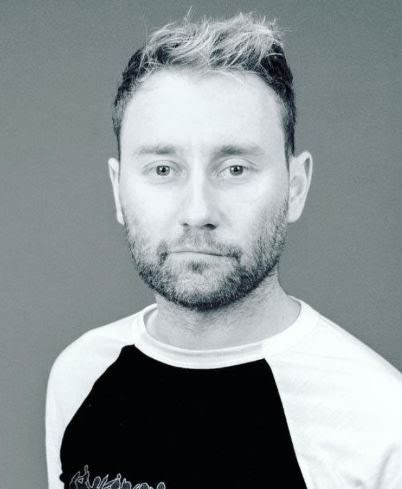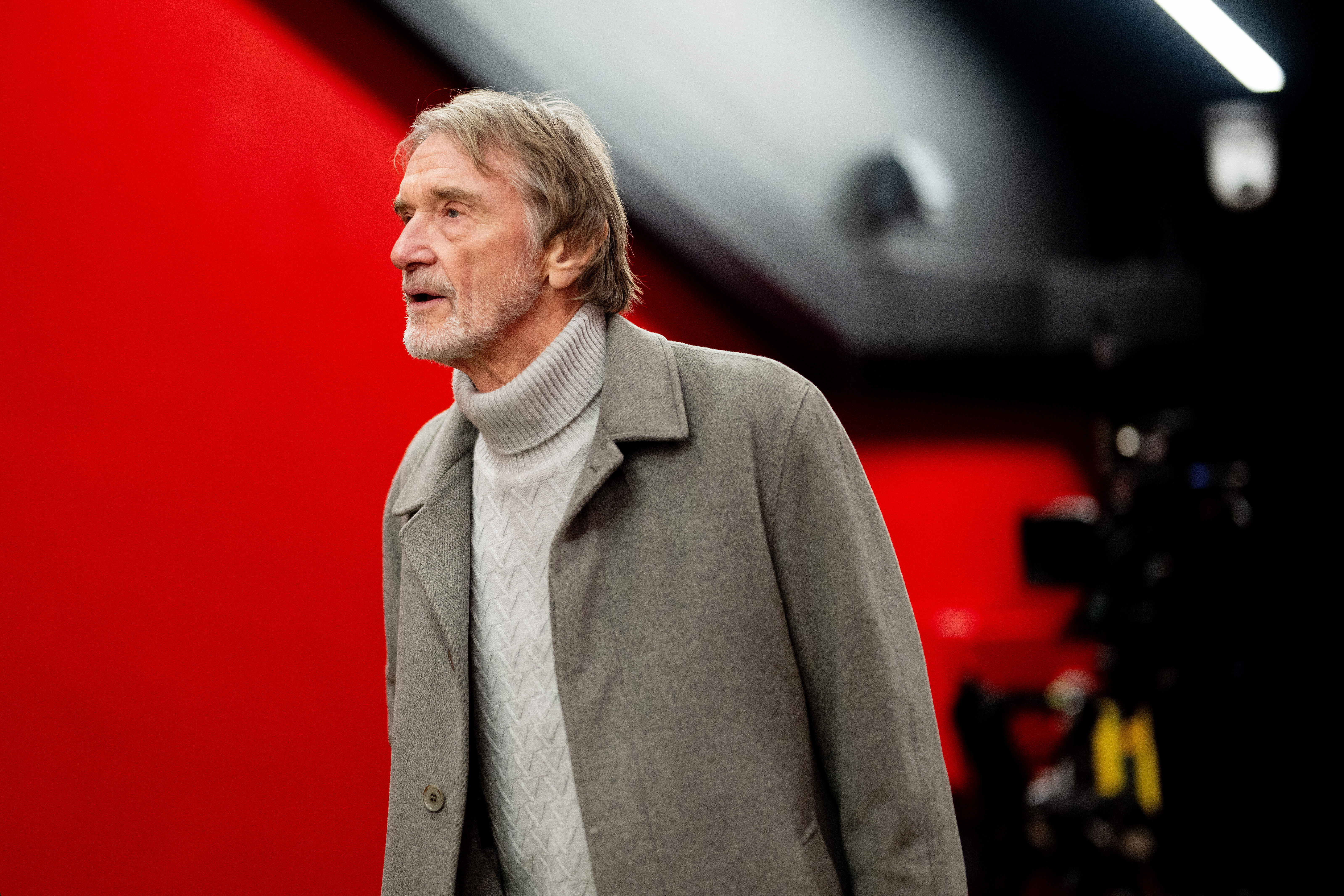Chelsea facing points deduction: Here's why fans should be worried
Chelsea are staring down the barrel of a points deduction: Here's FourFourTwo's Adam Clery to break down the situation
This piece on Chelsea and their potential points deduction is based on the video above from Adam Clery. Follow the video with the script below.
Just when things finally looked to be turning around for Chelsea, a huge report in the Guardian today reveals that they are facing the very real threat of a points deduction.
Now first off, it’s important to state that this isn’t some sting being done on the football club by the paper. It’s actually part of a huge international investigation called Cyprus Confidential. Some 3.6m offshore company records have been uncovered by something called the International Consortium of Investigative Journalists, and several dozen different news outlets across the world have had access to parts of it.
One of many, many, many revelations from this has been that Chelsea’s former owner Roman Abramovic may have been funding the club in ways that not just flouted profitability and sustainability rules, but outright made a mockery of them.
The headline here for Chelsea fans is that, an investigation into all of this will now take place and, if the club are found to have breached these regulations to the extent it looks like they have there will, more than likely, be a points deduction.
So what have they done, allegedly? And have they actually done that?
So, small history lesson for the under-20s: Roman Abramovich bought Chelsea for £140m in 2003, threw a frankly insane amount of money at them. People forget but, at the time, this has just never, ever happened on this scale before. They went from getting Petit and Gallas in one window, to Crespo, Veron, Duff, Makelele, Parker, Cole, Duff, Bridge, Glen Johnson and Mutu in the next. It was nuts, and it was practically overnight.
Get FourFourTwo Newsletter
The best features, fun and footballing quizzes, straight to your inbox every week.
He finally sold up last year when Russia’s invasion of Ukraine meant that the financial sanctions imposed on the country by the UK rendered his ownership untenable, but almost from day one of him leaving, there has been all sorts coming out about it.
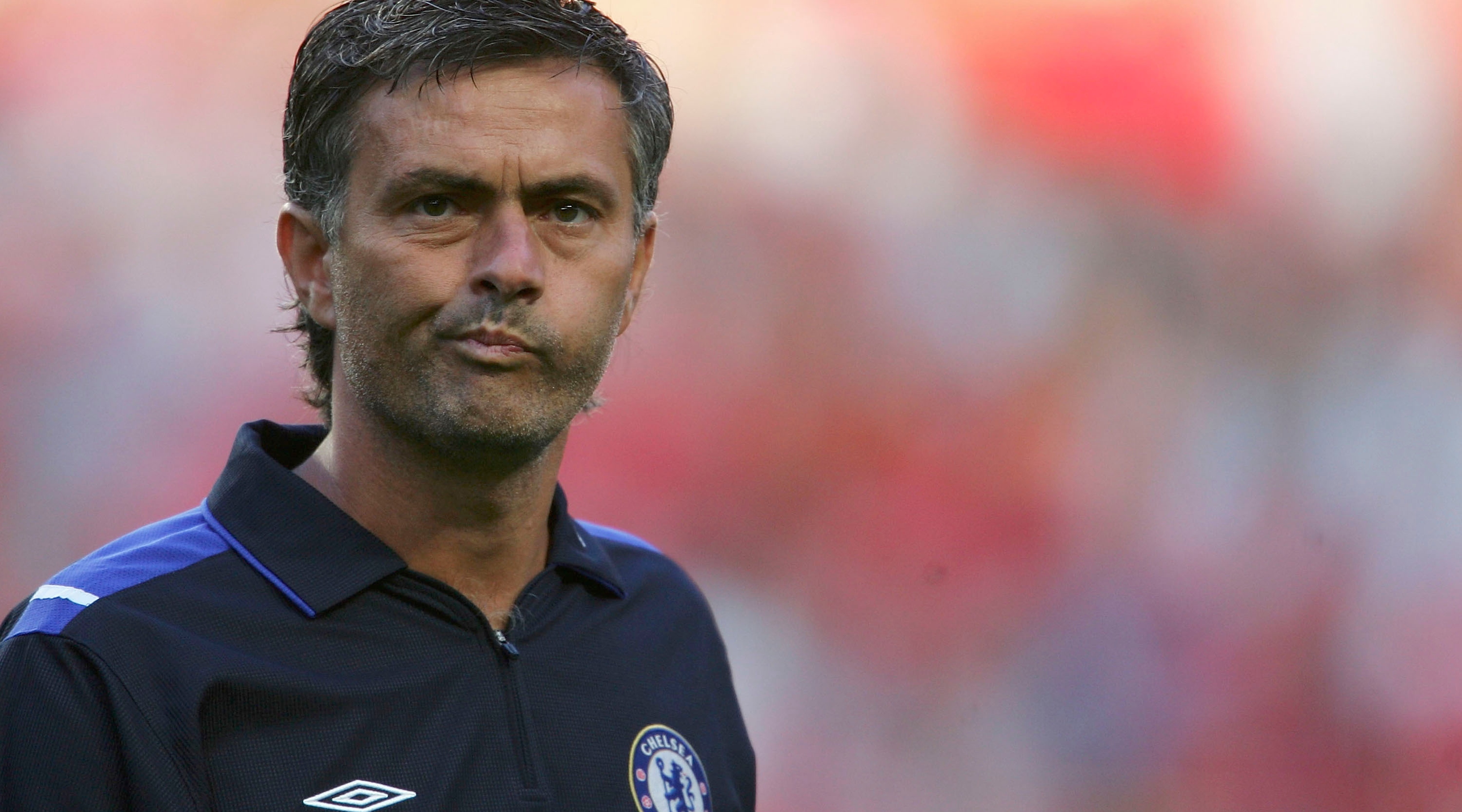
In fact, their finances were already under investigation by the Premier League. Todd Bohelly and co. voluntarily reporting that they had found “incomplete financial information” from 2012 to 2019. Just going to quickly editorialise here, but I have no idea why you’d tell on yourself like that unless you were hoping to play the “look, we’ve been very cooperative, we’re not the bad guys” card later down the line.
But that’s all old news. This is new news. Or just ‘news’ as it’s called.
What the Guardian are reporting here is that these Cyprus Confidential files show a trial of hidden payments that are directly linked to the club’s footballing activities. With transfers, with managers, stuff that had they not made these payments, they likely wouldn’t have enjoyed the success they have.
In July 2017, a company called Conibair Holdings, based in the tax haven of the British Virgin Islands, signed an agreement with Italian football agent Federico Pastorello. They paid him £10m for a 75 per cent stake in something called Excellence Investment Fund (EIF), which is just some random US financial business, they’re not important.
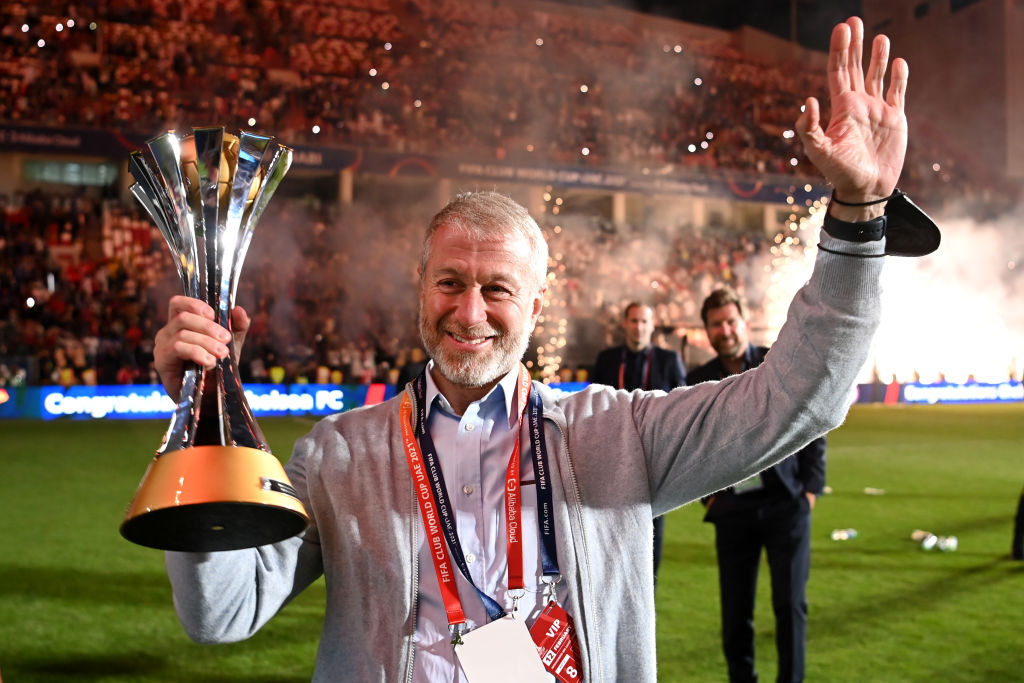
What is important is that Conibair Holdings is owned by Roman Abramovic. And this agent, Pastorello is known to have very close links to Chelsea’s manager at the time, Antonio Conte. Well, what’s wrong with that you might ask? That exact same day the received that £10m payment, Chelsea announced that Conte, had signed a new £9.6m-a-year contract.
Then, there’s Eden Hazard. Undoubtedly, one of Chelsea’s best-ever players, he fired them to the very Premier League title that earned Conte his bumper new contract. However, when he arrived at the club, it was reported that on top of the £30ish million they paid Lille for him, his agent John Bico-Penaque was due a significant fee. Reports at the time were that he wanted somewhere between £5-6m.
In March 2013, about eight months after Hazard’s arrival, documents suggest that another company based in the Virgin Islands and owned by Abramovic paid around £6m to a Dubai-based company called Gulf Value FZE. Officially for “advisory services […] related to […] sport research and consultancy”.
That contract was signed for by… anyone? anyone? John Bico-Penaque. Could be a legitimate thing, could be that he did provide “advisory services […] related to […] sports research and consultancy” through a Dubai-based financial company and they have many clients like Leiston Holdings. Investment firms based in tax havens who are simply very keen for advice on sports stuff. Could be?
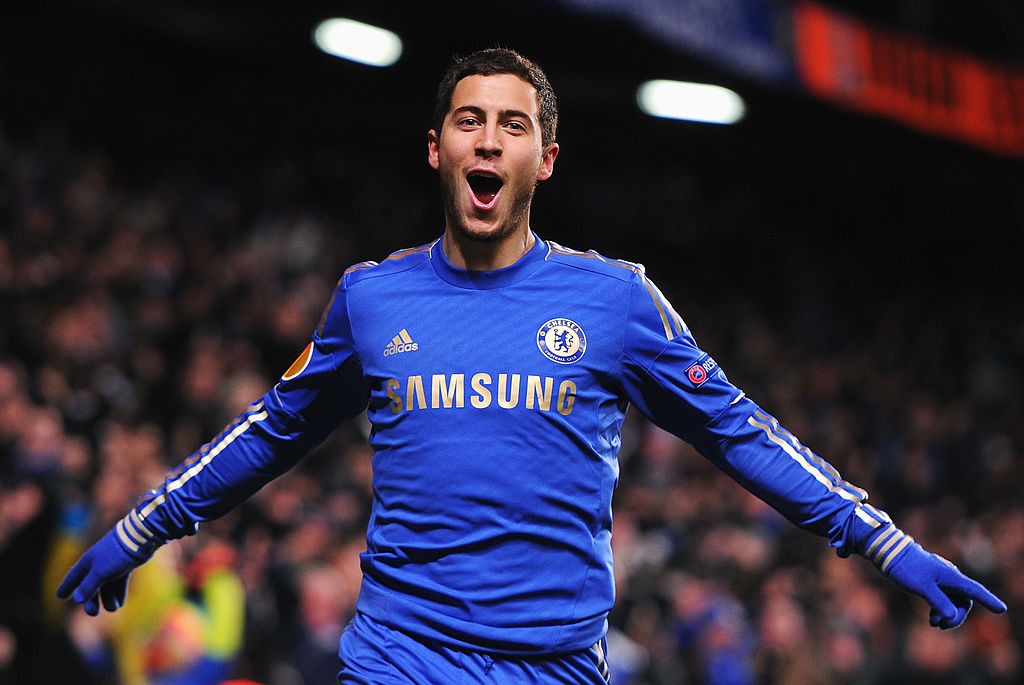
Or it could be that they backchanneled the money required to pay Hazard’s agent, through these holding companies, so that a) they could avoid paying any tax on it and b) they wouldn’t have to declare it to football’s governing bodies and have it count against profitability and sustainability rules. I don’t know, I’m not a doctor.
There’s loads of other stuff in this as well. Some £7m in payments to the Lemic brothers. Known Abramocivc associates, close associates, who were reportedly key figures in bringing Arjen Robben, Branislav Ivanovic, Nemanja Matic and the double-winning coach Carlo Ancelotti to the club. It goes on and on like this.
So why’s this a problem? Football, financially speaking, is pretty much the most corrupt thing on the planet and absolutely everyone is “at it” in this regard one way or another, right? Well, yeah. But there’s still rules. And when big clubs break the big rules i na big way. There’s almost always a major reaction.
And this is the quote contained in that Guardian report. The bit that should, if you’re a Chelsea fan, have you a bit worried.
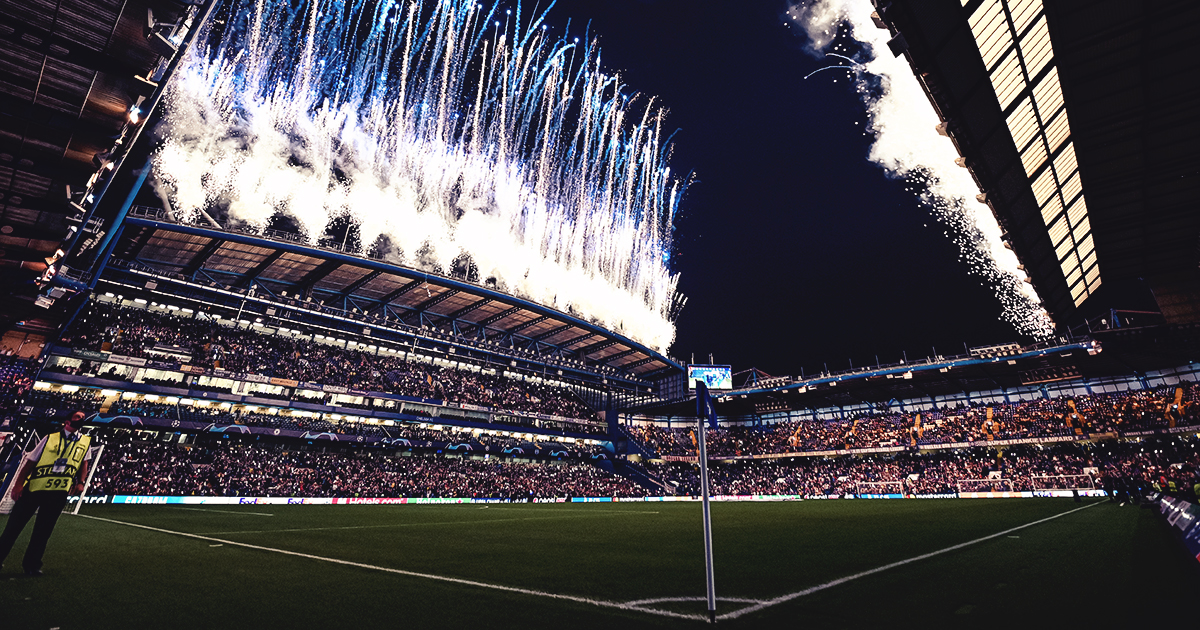
Football finance expert Kieran Maguire, who literally wrote The Price of Football, says that, “If there is proof that the club has used third-party transactions to circumvent the profitability and sustainability rules then sanctions would be either financial or a points deduction. The latter is more likely as any commission investigating a club’s circumstances will want to put out a deterrent that dissuades others from repeating such behaviour.”
If there is proof that the club has used third-party transactions. Every other individual and company I’ve mentioned here, who have been paying money either directly or indirectly to people associated with Chelsea, is a third party. That they’re owned by Abramocivh doesn’t make them affiliated with the club. They have their own money and it is against the rules for them to spend that on a football club’s behalf.
Now we can’t say for very obvious legal reasons if that’s what’s happened or not. It’ll be up to the game’s governing bodies to investigate that and draw a conclusion. What I can say though is that from reading this report, it doesn’t look good.
More Chelsea stories
Chelsea chasing 17-year-old wonderkid who stunned Manchester United: report
Chelsea boss Mauricio Pochettino says sorry to referee and Pep Guardiola for 'WTF' rant
Moises Caicedo reveals phone call from Chelsea star that caused Liverpool snub
Adam published his first article for FourFourTwo in 2015, but didn’t publish his second until seven years later in 2022. A figure that would put him near the top end of any ranking for Longest Time Between Appearances For One Club. In the time between he plied his trade as both a writer and presenter on YouTube, earning the dubious distinction of being “The James Milner of WhatCulture”. Be that because he was capable of playing any role, or just because it felt like he’d been around forever, depends on who you ask. He left FourFourTwo as a full time staff member in February 2025
